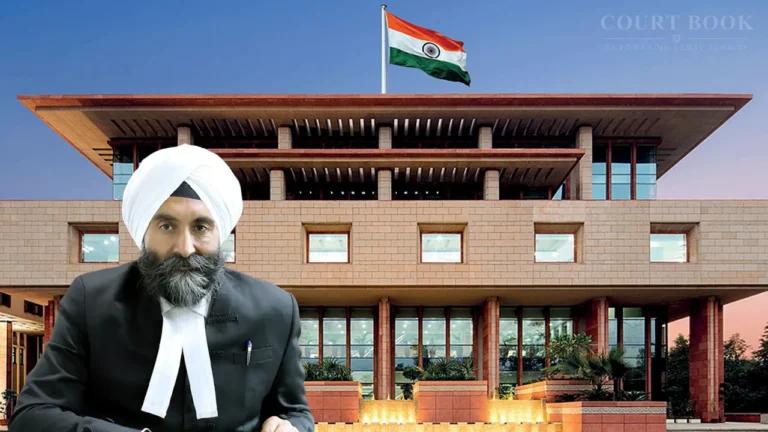In a significant decision, the Delhi High Court, led by Justice Jasmeet Singh, terminated the mandate of an arbitrator under Section 14(1)(a) of the Arbitration and Conciliation Act, 1996. The Court ruled that a prior professional relationship between the arbitrator and one of the parties was sufficient to raise doubts about impartiality, regardless of how long ago the association occurred.
“Entry 1 of the Seventh Schedule is meant to insulate arbitration from even perceived bias. The nature or duration of the relationship is immaterial when such connection creates a reasonable apprehension of bias.”
The petitioner, Roshan Real Estates Pvt. Ltd., filed a petition under Sections 14 and 15 of the Arbitration Act seeking the termination of Mr. B.B. Dhar’s appointment as arbitrator. The arbitrator had been appointed by the Court through an earlier order dated 10.02.2025 to resolve a contractual dispute with the Government of NCT of Delhi.
Read also:- Ex-IIS Officer Nitin Nath Singh Granted Bail by Allahabad High Court in Wife's Murder Case
The dispute arose after the petitioner was awarded a CPWD contract in 2019 for infrastructure works across seven government schools in Delhi. While the project was completed, the respondent unilaterally reduced the final payment from ₹20.73 crores to ₹5.09 crores, prompting the petitioner to invoke arbitration.
After exhausting the three-tier dispute resolution process as outlined in Clause 25 of the General Conditions of Contract, the petitioner approached the Court, which appointed Mr. Dhar as the sole arbitrator. However, it later emerged that Mr. Dhar had served as a Superintending Engineer in CPWD and had a supervisory role in prior projects undertaken by the petitioner, raising concerns about neutrality.
“The petitioner had previously raised similar objections in another dispute where Mr. Dhar’s appointment was withdrawn by the respondent itself,” the Court noted, emphasizing that the respondent had earlier acknowledged the perception of bias.
Read Also:- Sales Tax Incentive for Industrial Promotion is Capital Receipt, Not Taxable: Bombay High Court
In response, the respondent argued that Mr. Dhar’s role was supervisory and remote, over 17 years ago, and that he had no involvement in the day-to-day project management. They contended that no disqualifying factor existed under the Fifth or Seventh Schedule and that the arbitrator had filed a proper Section 12 declaration affirming impartiality.
The Court, however, emphasized that statutory disqualification under Section 12(5) read with the Seventh Schedule applies when an arbitrator has had any professional or business relationship with a party.
“The legislative intent is clear—what matters is not the timing, but the mere existence of such a relationship that creates doubt,” the Court clarified.
Read also:- PUCL Takes Strong Stand in Supreme Court Against ECI's Special Deep Revision of Electoral Rolls in Bihar
Citing judgments from TRF Ltd., Perkins Eastman, and Proddatur Cable TV, the Court underscored that appointment by the Court does not override statutory ineligibility. The arbitrator’s prior association, even if indirect, established a reasonable apprehension of bias and violated the neutrality principle.
As a result, the Court terminated Mr. Dhar’s mandate and appointed Justice Rekha Palli (Retd.) as the new sole arbitrator to adjudicate the disputes between the parties under the Delhi International Arbitration Centre (DIAC) Rules.
Case Title: ROSHAN REAL ESTATES PVT LTD versus GOVERNMENT OF NCT OF DELHI
Case Number: O.M.P.(T)(COMM.) 23/2025














